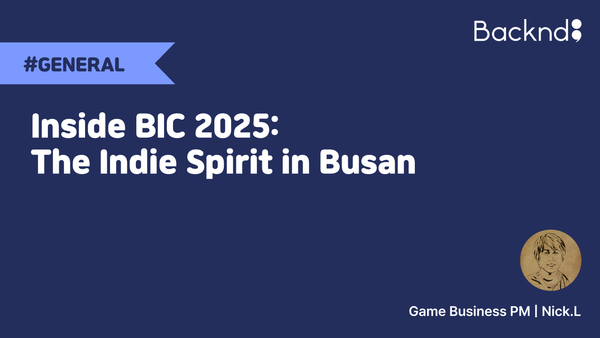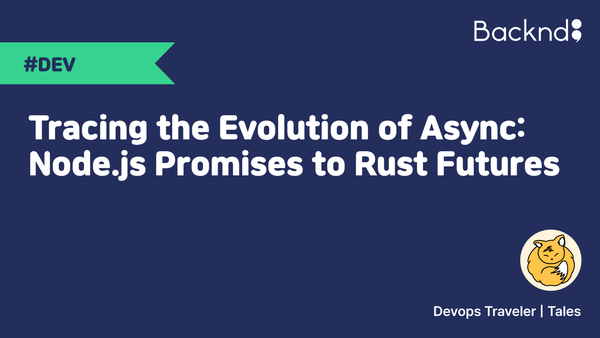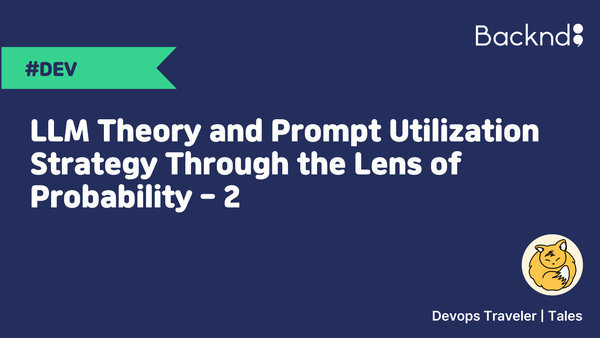Story of the Mobile Game D2C and Webshop that You Didn't Know
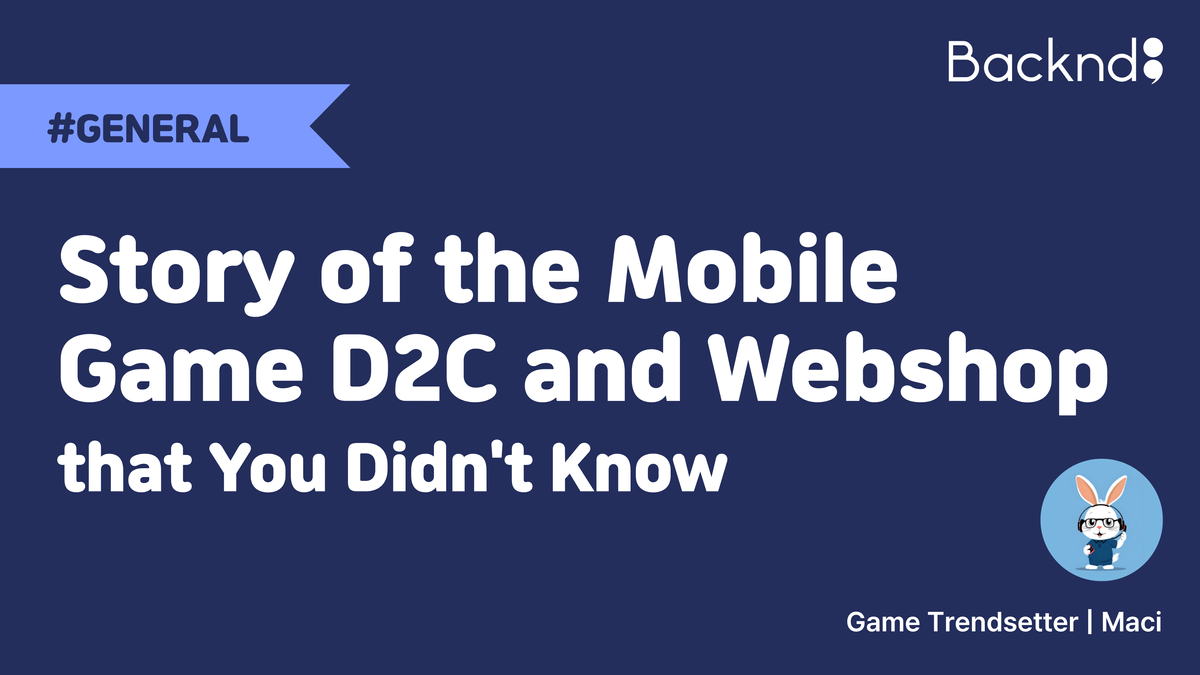
Written by Game Trendsetter Maci, 6 August 2024
#1. The Buzzword: Mobile Game Webshops (a.k.a D2C)
In March 2024, I traveled to California, USA, to attend one of the largest gaming events in the world, the Game Developer Conference (GDC). There, I met various industry leaders and gained firsthand insight into how market trends are evolving.
There was a lot of talk about the keyword “webshops” (or Web Stores). It turns out that many prominent mobile game publishers have begun incorporating webshops into their released games.
#2. Indie Developers and Webshops?
After being engrossed in work post-GDC, one day in May, I met with a talented rhythm game development team in Seoul. They had started using D2C systems, believing that applying webshops aligns with their users’ behavioral traits, thus boosting revenue through item sales.
Thus, today I want to delve into the globally trending keyword D2C.
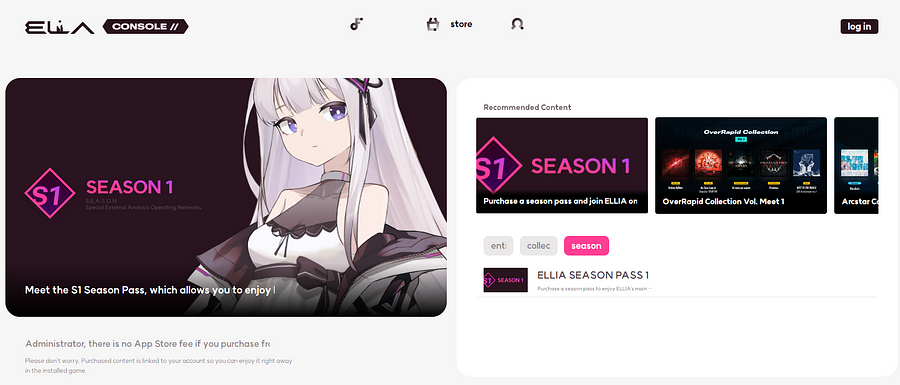
#3. What is D2C?
Abbreviated for Direct to Consumer, in the mobile game ecosystem, it signifies a model where developers directly charge consumers without going through accredited markets.
A prime example would be using their own market rather than uploading to platforms like Apple or Google.
In non-gaming commerce sectors, D2C sales are thriving.
#4. Epic Store and Apple’s Lawsuit Saga

To discuss D2C in the mobile game market, one cannot overlook the legal battle between Epic Store and Apple.
In October 2019, Epic Games launched the “Epic Games Store,” offering a policy of only a 12% commission fee for vendors entering their platform. This contrasted sharply with Apple and Google’s policies of charging a 30% commission on app or game revenues.
Before Epic Store, there were third-party markets (mostly in the gray areas), but Epic Games creating a third-party game platform was a sensational event in the gaming world.
One of Epic’s most famous games, “Fortnite,” was globally top-ranked on Apple App Store and Google Play at that time.
Epic attached a bypass payment system to Fortnite, leading to its removal from the Apple App Store on August 14, 2020. Google followed suit, removing Fortnite for the same reason.
#4. Who was the winner of this battle?
Following the Fortnite expulsion incident, Epic Games filed lawsuits, citing Apple and Google’s antitrust violations.
While Google stepped back during the lawsuit, Apple proceeded with counterclaims for contract breaches and defamation.
Recalling that time, around me, opinions were divided:
[Pro-Apple] Epic is trying to freeload.
[Pro-Epic] We need to stop the burden of in-app purchase fees and the vicious cycle of the ecosystem.
What was the outcome then? Epic Games lost its bid to prevent Apple's removal. However, interestingly, this was not the end of the long battle.
#5. Official Approval of “External Payments Allowed” by Apple and Google
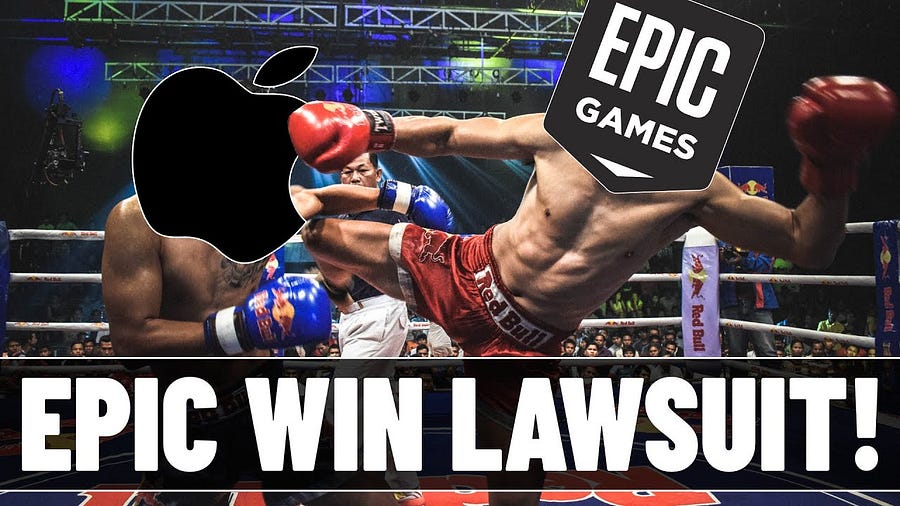
Epic Games appealed and ultimately WON.
In November 2023, US states ruled against Google for illegally maintaining a monopoly in the Android environment. Subsequently, in March 2024, the US Department of Justice, along with 16 state attorneys general, ruled against Apple for antitrust violations.
The conclusion of these long-standing lawsuits marked the official approval of “external payments allowed” by Apple and Google.
Perhaps March 2024, when Epic Store’s long lawsuit concluded, could be seen as a major turning point in the global D2C market evolution.
During my attendance at GDC 2024, I encountered impactful news like this affecting the mobile game ecosystem, which made me realize the significance of the keyword “webshops.”
#6. Global Major Publishers Already Operating Webshops
Establishing “webshops” to sell mobile game items through D2C methods.
Notable mobile game publishers like Supercell, Rovio, Playtika, Niantic, and Scopely have been found utilizing webshops.
Accessing these webshops often requires logging in with the account used on the mobile game. They are operated as closed-market platforms, not open markets, which is a distinctive feature.
I examined games that have adopted webshops.
While not all cases are identical, most have been structured so that gamers gain more benefits when purchasing IAPs from webshops compared to directly through mobile platforms.
- They can obtain additional goods at a level of 5–10%.
- They also sell webshop-exclusive bundles or packages.
- They often reimburse a certain percentage of the payment amount as webshop-exclusive points.
- In iOS, there are restrictions on including coupon features in mobile games, which are sometimes solved through webshops.
In this way, they provide benefits to gamers, encouraging purchases from webshops. It’s a Win-Win situation for both gamers and developers.
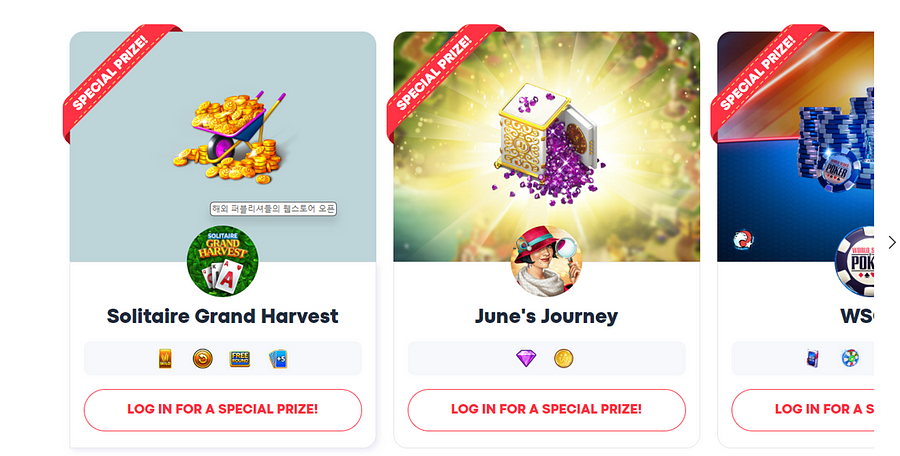
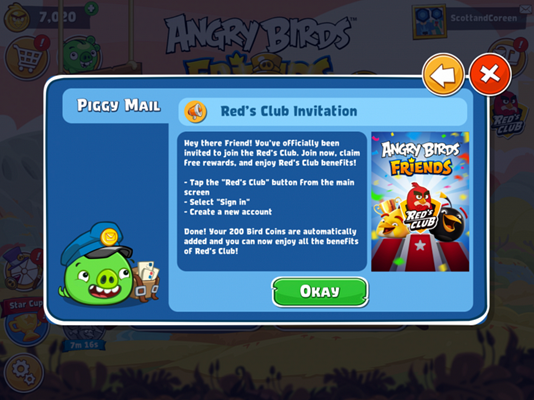
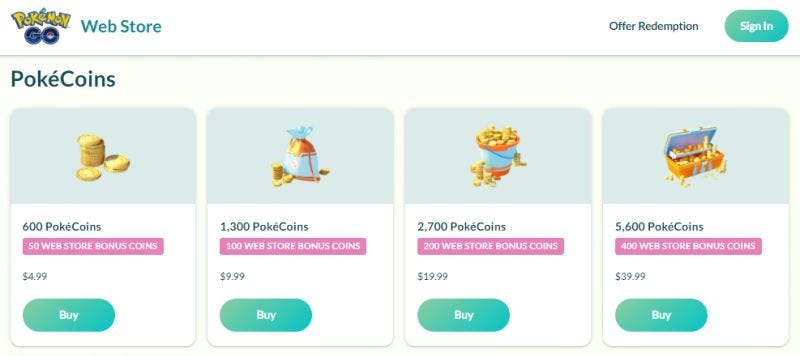
#7. Why Are Global Publishers Targeting D2C Markets Apart from the Existing Market Ecosystem?
I found three main reasons:
Firstly, improving profitability by bearing less than 10% commission instead of the 30% market commission.
Secondly, difficulty in ROAS tracking after Apple’s IDFA policy.
Thirdly, the ability to allocate saved market fees into marketing expenses (special webstore products, discounts, etc.).
Hence, as more whales show patterns of coming to their own webstores for payments, they’re likely to have greater financial power.
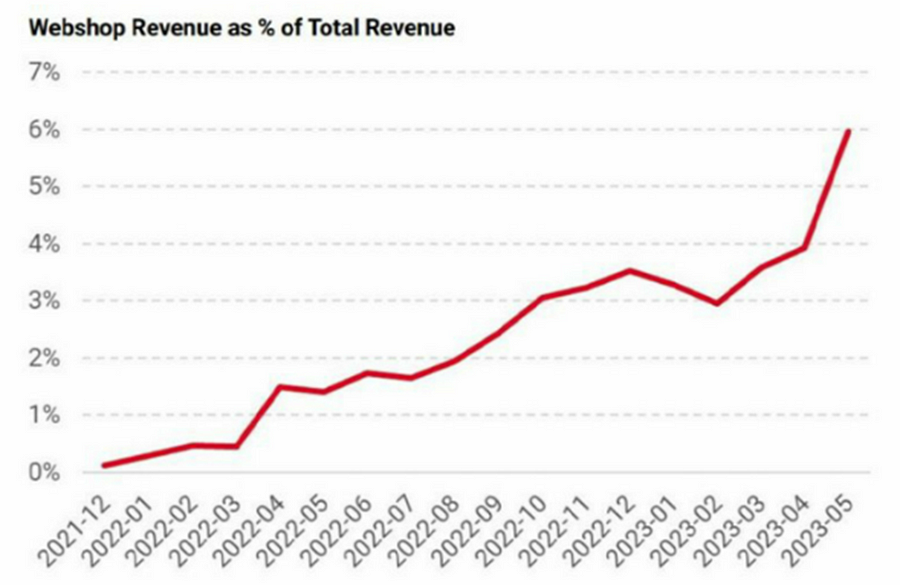
#8. Webshop Ecosystem and New Business
With the emergence of a webshop ecosystem not previously seen, I also learned that many “new businesses” have already emerged in the market.
White-label platforms (SaaS allowing companies to build their own branded versions of stores or products) have emerged. These platforms facilitate easy construction of webshops. Some of these platforms also offer lower commission rates compared to Apple App Store and Google Play.

#9. How Do You Promote D2C Implementation?
Current policies are somewhat complex.
The US currently prohibits promoting webshops in games. However, in the EU, games can mention web stores but cannot display external payment links in the Apple App Store.
Global publishers are promoting their web stores through various methods. It is expected that the promotion methods for D2C web stores will continue to evolve.
- Posting game coupon codes on social media, which can only be redeemed through webshops.
- Niantic’s Pokémon GO, for instance, hosted the Pokémon GO Fest Live event in New York, London, and Osaka in August 2023, selling tickets through webshops to drive traffic. Tickets for 2024 can be purchased from webshops.
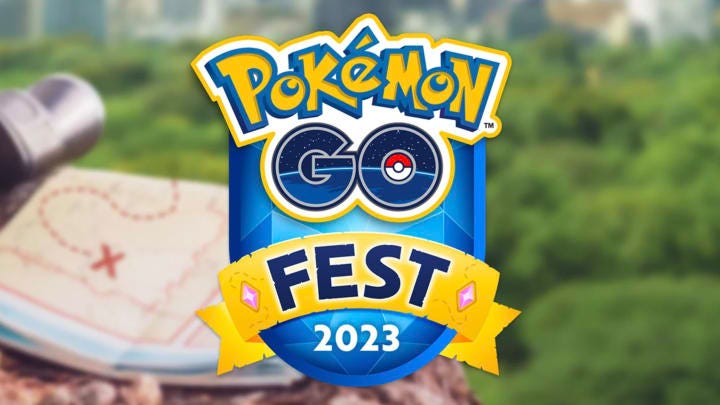
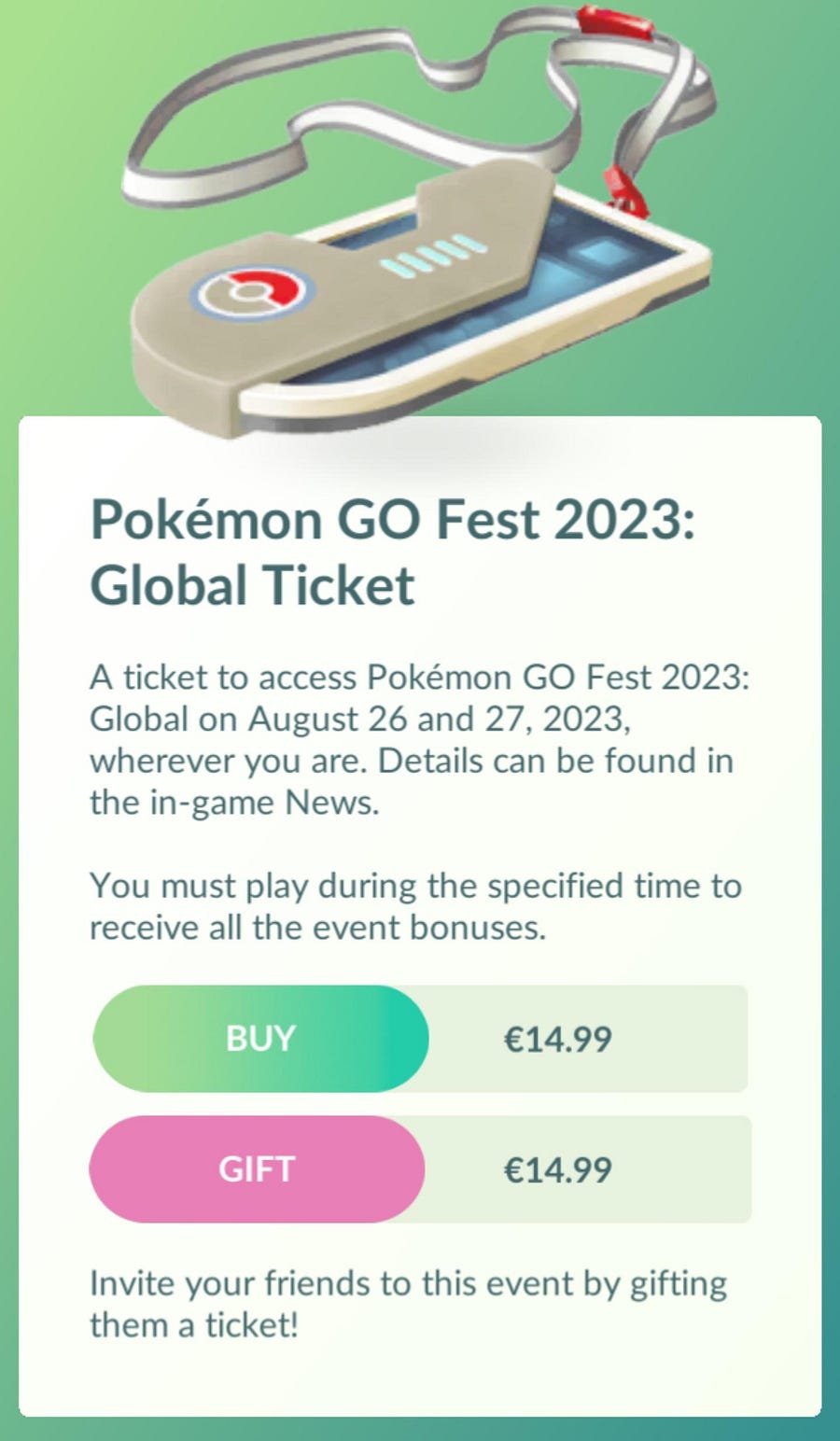
- Additionally, collaborations via social networks were also identified as examples of promoting webshops.
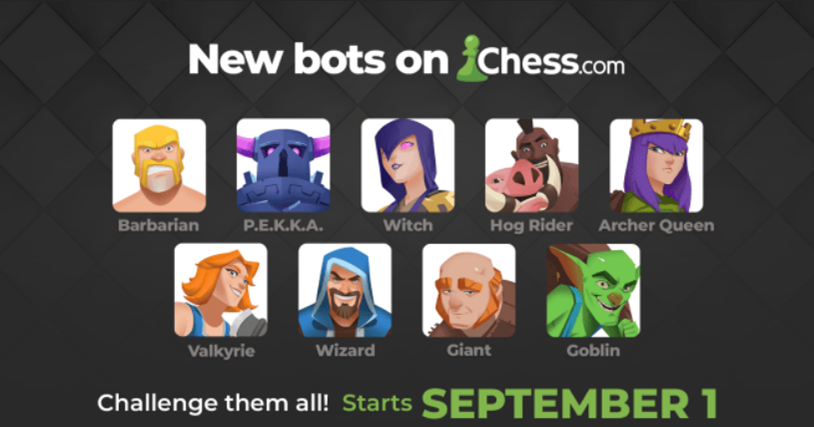
#10. Officially allowed for 5 months as of now. (As of August 2024)
Global major publishers have swiftly entered this ecosystem due to their capital to build their own webshops for each game.
It seems like a great means to generate additional revenue for small and indie developers.
Today’s BACKND
Q. Game Trendsetter Maci asks;
Today, we’ve explored webshops and D2C in the mobile game market.
Developers reading this article, when would you like to implement D2C in your games?
Still early to implement!
Vs.
Considering implementation now!
Please leave your thoughts in the comments in here: https://www.linkedin.com/feed/update/urn:li:activity:7226498011554529280
If you like this posting, please subscribe us!

© 2024 AFI, INC. All Rights Reserved. All Pictures cannot be copied without permission.

![[External Essay] Gamescom 2025 Interactions](/content/images/size/w600/2025/09/------1.png)
